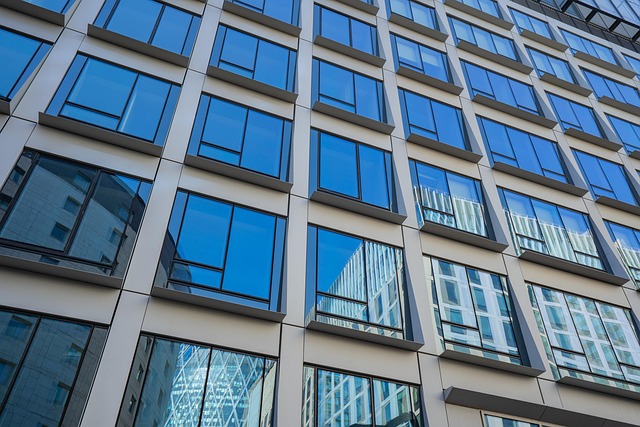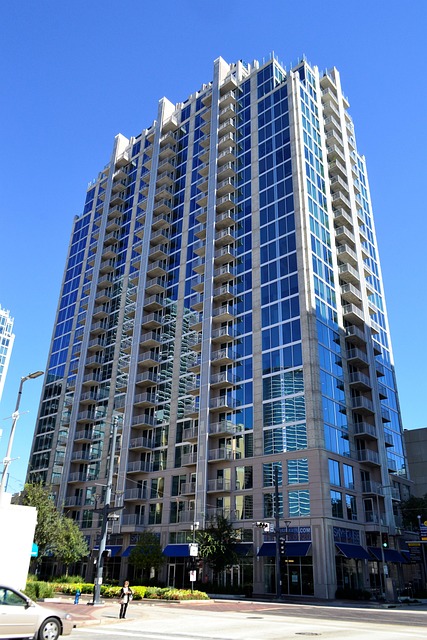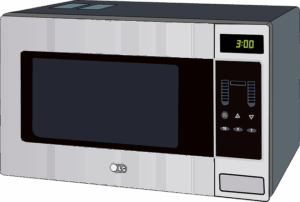Commercial gas hot water heaters face corrosion challenges due to continuous operation, temperature fluctuations, and environmental factors. Stainless steel is the primary material choice for its durability and resistance, used in high-capacity heaters, tankless systems, and storage tanks. Technological advancements like condensing improve energy efficiency, while regular maintenance, including cleaning and inspections, maximize system lifespan. Modern commercial hot water systems offer enhanced performance and convenience for demanding applications like restaurants and hotels.
In the bustling world of commercial kitchens and facilities, stainless steel commercial gas hot water heaters are essential. However, these units face constant corrosion challenges due to exposure to moisture, chemicals, and varying temperatures. Understanding corrosion mechanisms is the first step towards ensuring optimal performance and longevity. This article explores material choices that fortify against corrosion, maintenance strategies to prevent damage, and offers insights for facility managers to select and care for these critical components, enhancing overall efficiency.
- Understanding Corrosion in Commercial Gas Hot Water Heaters
- Material Choices for Enhanced Durability and Resistance
- Maintenance Strategies to Mitigate Corrosion Damage
Understanding Corrosion in Commercial Gas Hot Water Heaters

Corrosion is a significant concern for commercial gas hot water heaters due to their constant exposure to water and varying temperature fluctuations. Unlike residential systems, commercial hot water systems often operate at higher capacities and endure heavier usage, leading to increased stress on components. This can accelerate corrosion in critical parts like the tank, pipes, and heating elements over time. The environment within a commercial space, whether it’s a restaurant or hotel, may also contribute to higher moisture levels and varying chemical compositions in the water supply, further exacerbating corrosion issues.
Understanding these factors is crucial when selecting a suitable hot water heater for institutional systems. High-capacity water heaters designed for commercial applications often incorporate advanced materials and technologies, such as stainless steel construction and condensing technology, to mitigate corrosion. Tankless gas systems, for instance, offer energy-efficient heating without a storage tank, reducing the risk of internal corrosion and providing consistent hot water supply. These and other innovative solutions are essential in ensuring reliable and efficient restaurant hot water or hotel water heating while minimizing downtime due to maintenance or replacement.
Material Choices for Enhanced Durability and Resistance

In the context of commercial gas hot water heaters, material choices play a pivotal role in ensuring durability and corrosion resistance. Stainless steel emerges as the preferred option due to its exceptional strength, resilience, and inherent corrosion protection. This robust metal forms the core of high-capacity water heaters, tankless gas systems, and storage tank heaters, designed to meet the demanding hot water needs of restaurants, hotels, and institutional settings.
Beyond stainless steel, advancements in technology have introduced condensing techniques that further bolster energy efficiency in gas fired heating. These innovations enable these commercial hot water systems to extract additional heat from exhaust gases, enhancing performance while reducing operational costs. Such progress ensures that modern solutions not only provide reliable, ample hot water for various applications but also contribute to sustainable practices in the hospitality and institutional sectors.
Maintenance Strategies to Mitigate Corrosion Damage

Regular maintenance plays a pivotal role in safeguarding your commercial gas hot water heater from corrosion and prolonging its lifespan. A well-maintained system can significantly reduce the risk of damage, ensuring optimal performance and efficiency. Implement preventive measures such as periodic cleaning to eliminate sediment buildup, which can accelerate corrosion. Regular inspections are crucial; look for any signs of rust or leaks, addressing them promptly to avoid further deterioration.
Consider upgrading to modern commercial hot water systems that incorporate advanced features like condensing technology, enhancing energy efficiency and minimizing environmental impact. Tankless gas systems, for instance, offer unparalleled convenience by providing hot water on demand, reducing the risk of corrosion associated with storage tank heaters. These innovative solutions are particularly beneficial in restaurant hot water and hotel water heating applications, where consistent, reliable hot water is paramount.
Commercial gas hot water heaters, despite consistent exposure to moisture and varying temperatures, can withstand corrosion thanks to advanced material choices and diligent maintenance. By understanding the causes of corrosion and implementing effective strategies, businesses can ensure these essential heating systems operate efficiently for years to come, providing reliable access to hot water without compromise.
